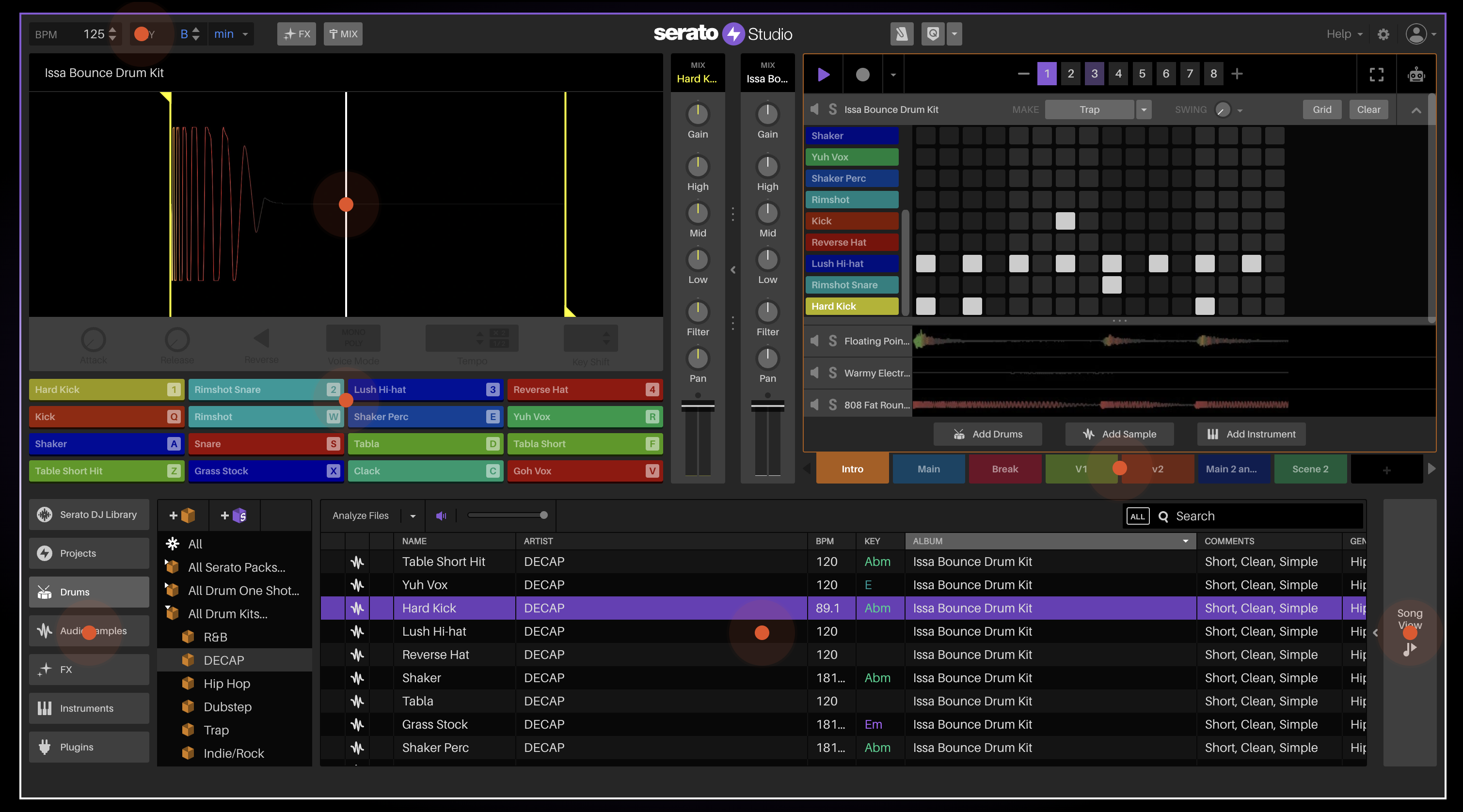passionate
tech lover who’smotivated
to makepositive impacts
I'm Raina Song, a first-year Master's student in Electrical Engineering at Stanford University. I recently interned on the Vision Pro team at Apple the past summer. I graduated from the University of Auckland with a double Bachelor's degree in Software Engineering & Finance. In 2023, I did my study abroad exchange program at the University of California San Diego (UCSD) from January to June, and following that, I also interned at Apple on the Creativity Apps team as a Software Engineer Intern.
I have a wide range of interests, to get to know me, have a look at what I'm passionate about! I'm constantly looking for opportunities in the fields I'm interested in, either as a developer, researcher, designer or innovator, because ⸺
My life is empowered by what I love
Project Title: AI for Dream Analysis: A Novel Approach to Psychotherapy
Supervisor: Dr. Johnny Chan
Details: Contemporary psychological approaches to dream analysis predominantly rely on patient narratives, employing textual representations as a means to deconstruct, associate, and analyse the underlying psychological elements within dreams. However, textual mediums may lack the intuitive depth found in visual formats, potentially leading to discrepancies between the therapist's interpretation and the patient's dream experiences. Therefore, this project proposes an AI application to visually represent dreams, and allow real-time adjustments to better assist therapists and patients in psychotherapy sessoins, and improve patient's mental health and sleep quality.
My Contributions: Developed a multimodal machine learning framework that includes natural language processing, emotion detection (sentiment analysis) and image generation. Textual input can be analysed by the emotion detection layer and images are generated with emotional colours or themes to represent dreams.


Project Title: Learning By Teaching: Investigating the Creation and Benefits of an AI Student Using Object-Oriented Programming as a Case Study
Supervisor: Dr. Nasser Giacaman
Details: The aim of this research is to enhance smart education by introducing the concept of an “AI Student”, a bot that aims to communicate and support human students in a natural and conversational manner, act as their peers, and effectively facilitate their understanding of difficult concepts. The research utilizes the well-known pedagogy concept of "Learning by Teaching", and aims to provide an accessible way for students to use such a method to enhance the effectiveness of learning. Students are required to speak aloud to the AI Student, and an interactive 3D avatar was developed to simulate realistic peer tutoring scenarios. This project uniquely contributed to the field of AI before the surge of ChatGPT by developing each component of the AI Student from scratch, and the results from the user experiment proved the effectiveness of the AI Student. This project was awarded the Best Project in Category Award by industry judges from EY.
My Contributions: Proposed the project idea through a series of literature reviews and research. Developed a full-stack web application platform that allows students to interact with the virtual AI student. Constructed a multimodal machine learning framework and integrated Azure Cognitive Services. Created a smart chatbot that learns to generate relevant questions to students’ inputs and assists students in learning and understanding difficult programming concepts. Conducted user studies with over 120 undergraduate students and collected data to evaluate the effectiveness of the application both quantitatively and qualitatively.
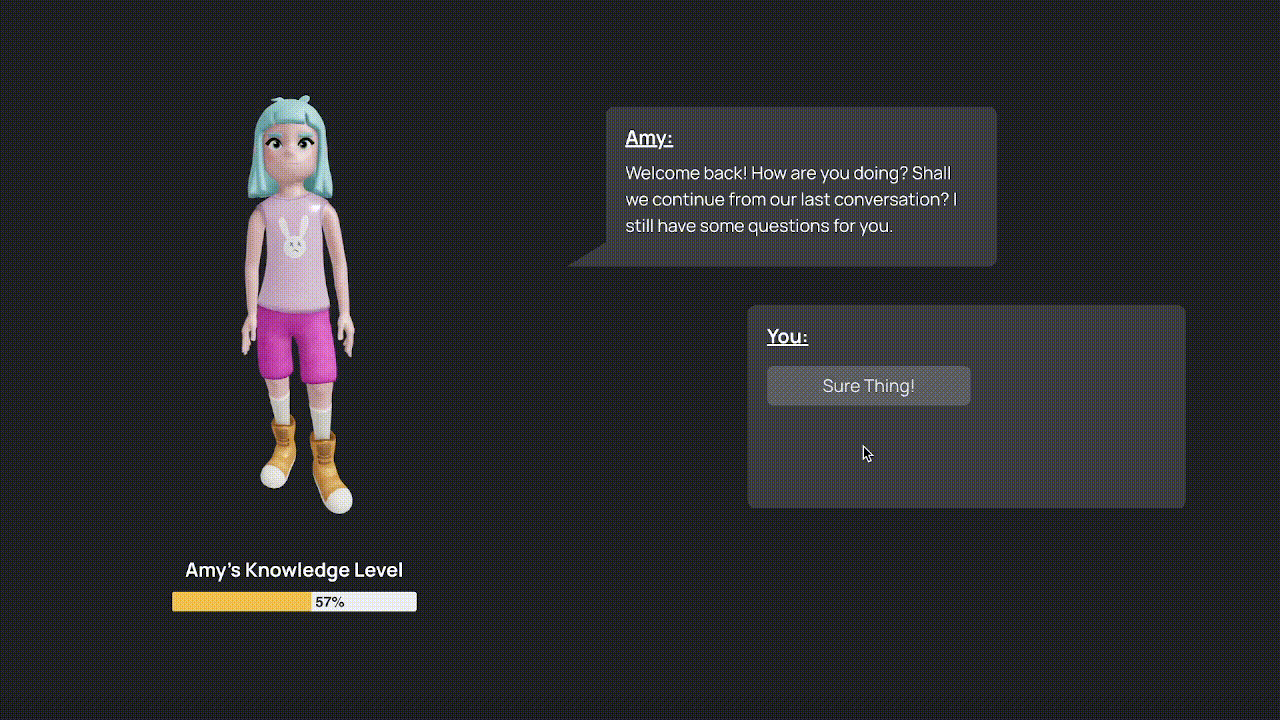
Project Title: Investigating the Impact Machine Emotion Classification Uncertainty Displays Have on the Human Decision Making Process
Supervisor: Dr. Danielle Lottridge
Details: There have been very few studies that evaluate the computer's ability to generate emotion classification information in an attempt to help the user make decisions or perform tasks. This is a crucial area to explore as it is paramount to the two-way communication between humans and computers. This research conducted experiments to investigate the impact of different uncertainty information displays of emotion classification on the human decision-making process. The results show that there is a correlation between the level of uncertainty information displays and human confidence in making decisions. Human participants agreed with most emotion classifications, but some incorrect classifications could influence human decisions. The project was top in the class, and I was awarded the First in Course Award for this course.
My Contributions: Conducted literature review and consolidated the research directions, designed the details of user study and experiments, and contributed to the development of machine-generated emotive stories. Performed quantitative and qualitative analysis of experiment results and created visualizations for the evaluation outcome.
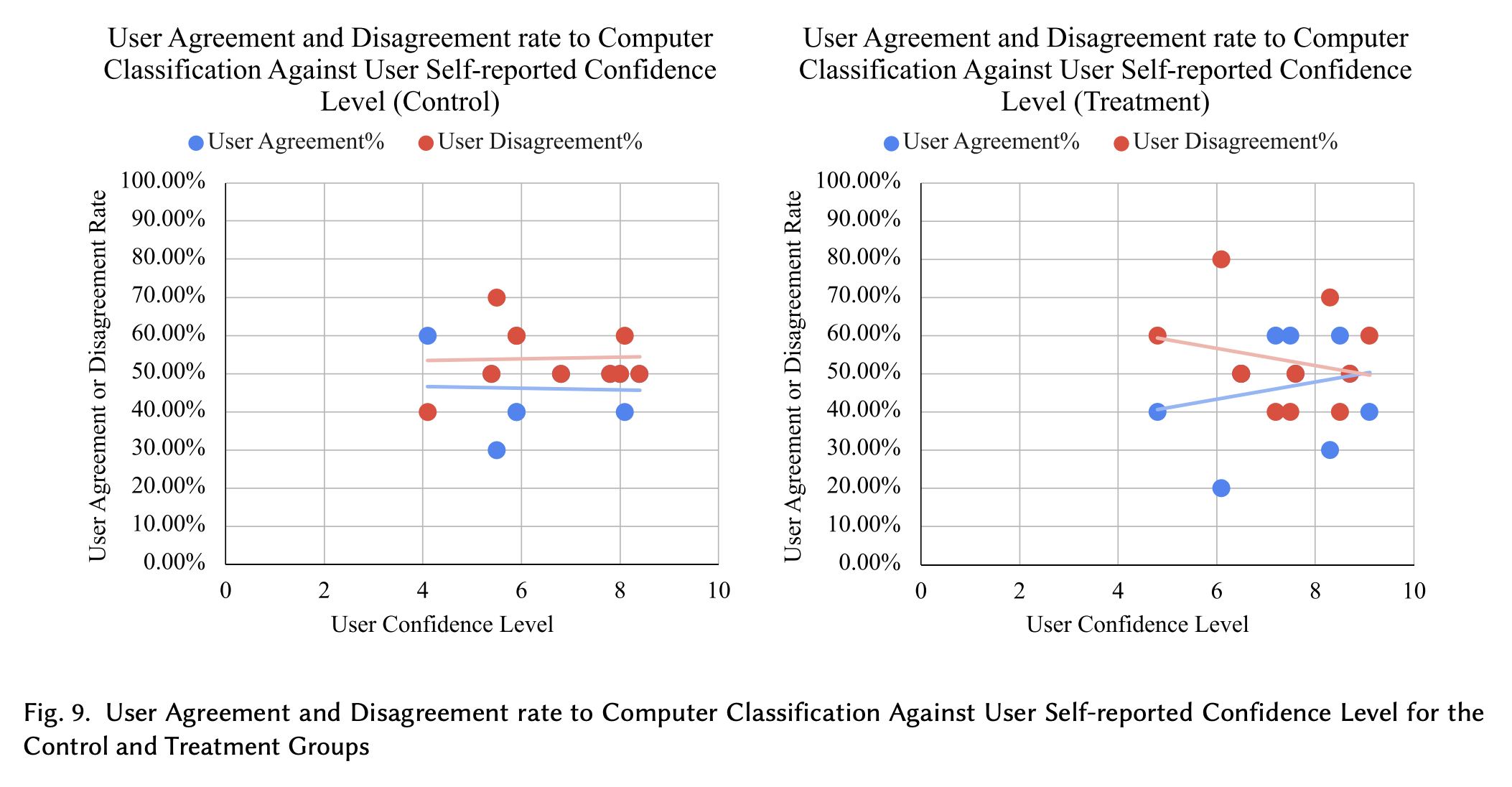
Supervisor: Prof. Shengdong Zhao
Details: This project aimed to explore the potential of AI in augmenting creative idea generation by utilizing mixed reality technologies. The critical contribution of this research is to immerse AI in users’ daily activities and stimulate them to produce creative content based on their interactions with the outside world. The results validated that such an application with the flexibility to alternate between representations of information can meaningfully catalyse creative idea generation. Moreover, the use of mixed reality allows users to gain contextual information and inspiration from the real world while allowing multitasking at the same time.
My Contributions: Developed an NLP framework that creates multiple levels of structured information from audio input through smart glasses in real time. Constructed the main architecture of the framework and built data visualisations using Apache Echarts by extracting keywords from audio transcription, clustering based on semantic associations and rendering on smart glasses.
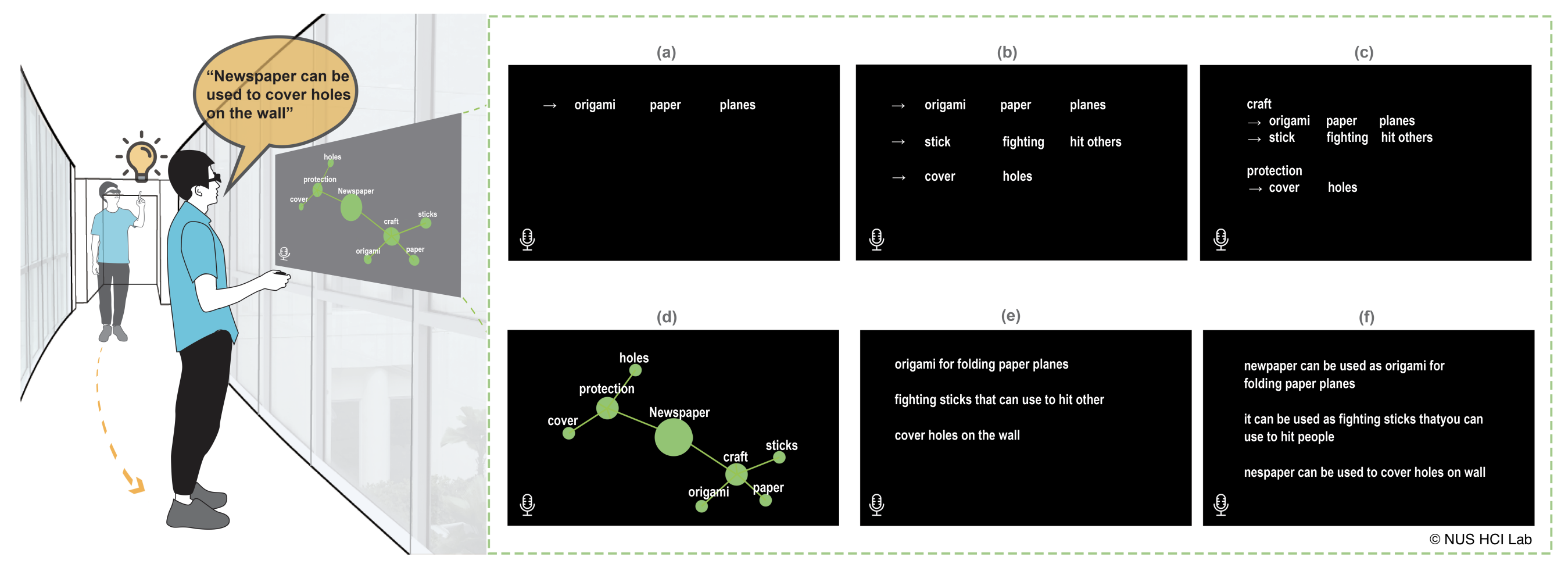
Project Title: Decentralised Technology Adoption with a Coopetition Approach
Supervisor: Dr. Johnny Chan
Details: Decentralized technologies like blockchain have gained popularity recently due to their reliable, transparent, open, immutable, and secured natures. However, barriers such as lack of government regulation, lack of trust, lack of skilled workforce, high technological complexity and high costs stop many organisations and industries from adopting them. Decentralized technology adoption is especially challenging in the primary industry, which relies mainly on traditional communication and data management methods. This paper contributes by demonstrating how the coopetition relationship could drive the decentralized technology adoption across an industry, and the opportunities and challenges of this adoption approach on the stakeholders and wider communities. The article was published and presented in IEEE CSDE 2023.
My Contributions: Conducted literature review and collected data through interviews for evaluation of the case study. Proposed the coopetition approach in adopting decentralized technology in New Zealand's traditional primary industry. The main author of the article contributed 90% of the writing.
Engineering Faculty Final Year Capstone Project Testing Platform
At the beginning of this year, I independently developed the testing platform for the Engineering Faculty Capstone Project. The platform is built with React, NodeJS, Express and MongoDB. It is currently used by Engineering students across three specialisations (Software, Computer System, and Electrical) to test their capstone projects. The 2023 Capstone project asks students across three specialisations to simulate a Vet Clinic where they create scales to weigh animals, and a web app to manage the clinic. The testing platform allows students to test their web app and scales by sending requests to the backend server and receiving responses. The platform also provides a user-friendly interface for students to view their test results and compare them with the expected results.
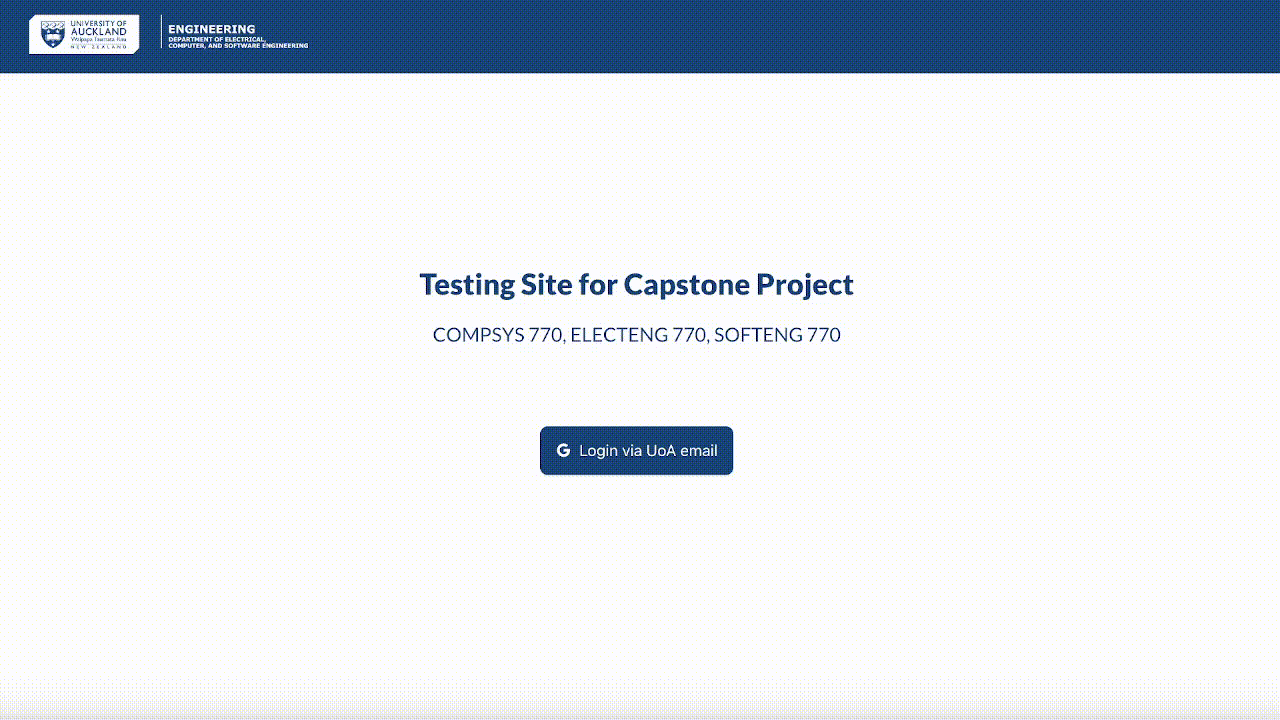
In 2022, I developed this web app with 20 engineering students with different levels of technical skills as a team. I was the team leader, UI/UX designer and developer in this project. Throughout the project, besides technical tasks, I conducted sprint planning, stand-up meetings, sub-team leader meetings and various management tasks following Agile practices. This app "Forgettable" aims to help people remember their encounters in networking settings.
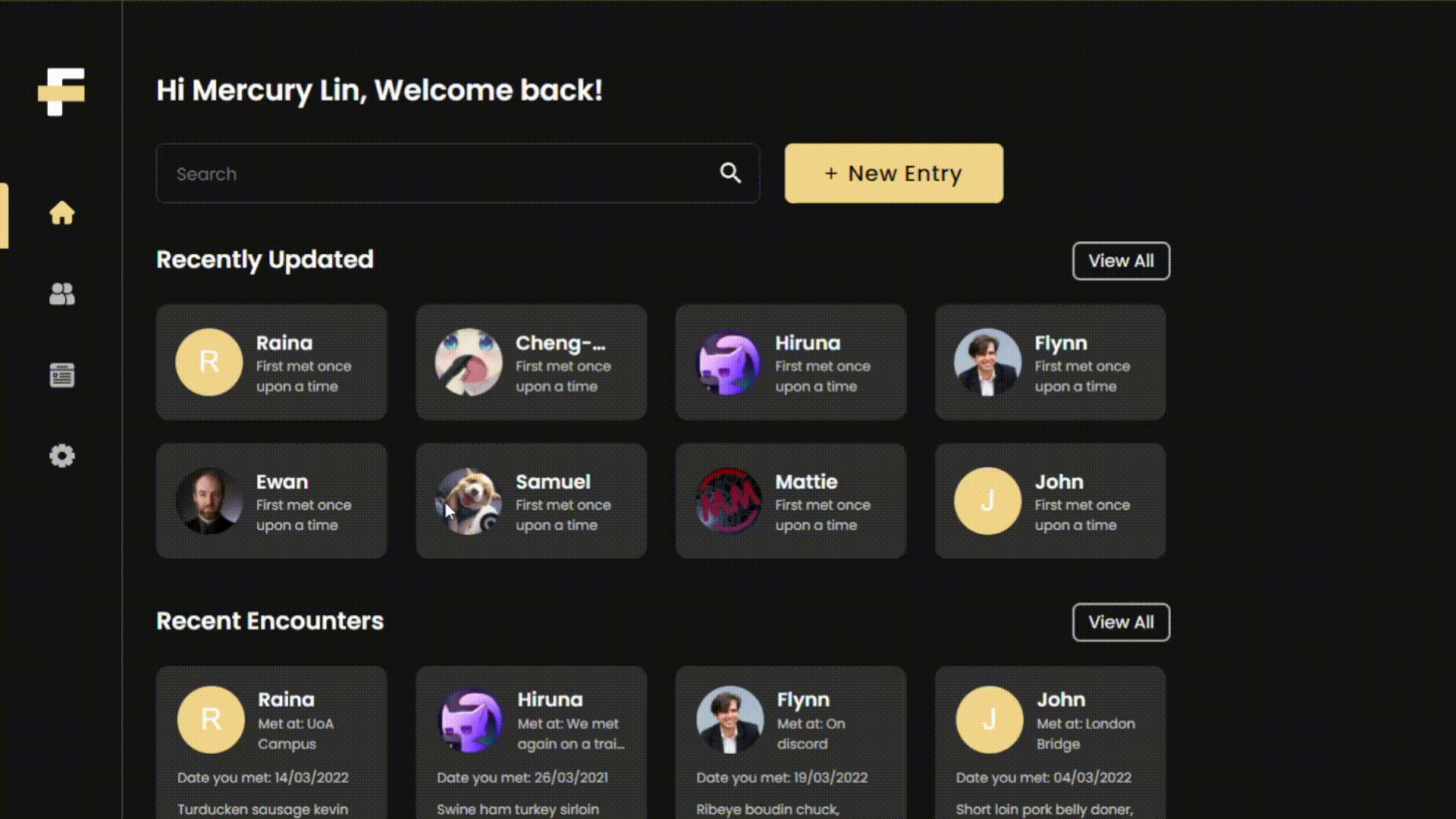
REVO

This project was developed as a team of 3 in 2021. It is a Java-based Android application that aims to showcase vinyl records in popular categories and allow users to favourite, search and view details of the record items. We used a popular music API as a data source to retrieve and update data in real time. This project was awarded 2nd place in the competition with 33 teams. You can find out more in the showcase video below.
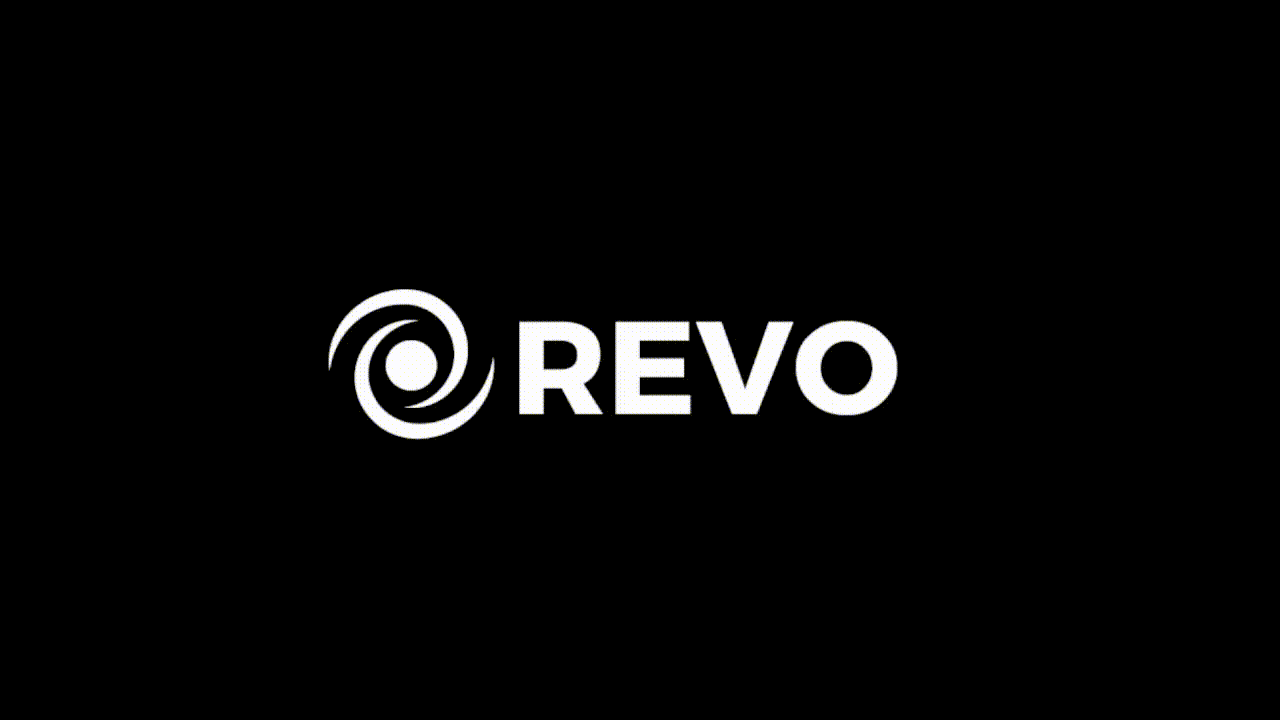 Watch the full demo video here
Watch the full demo video here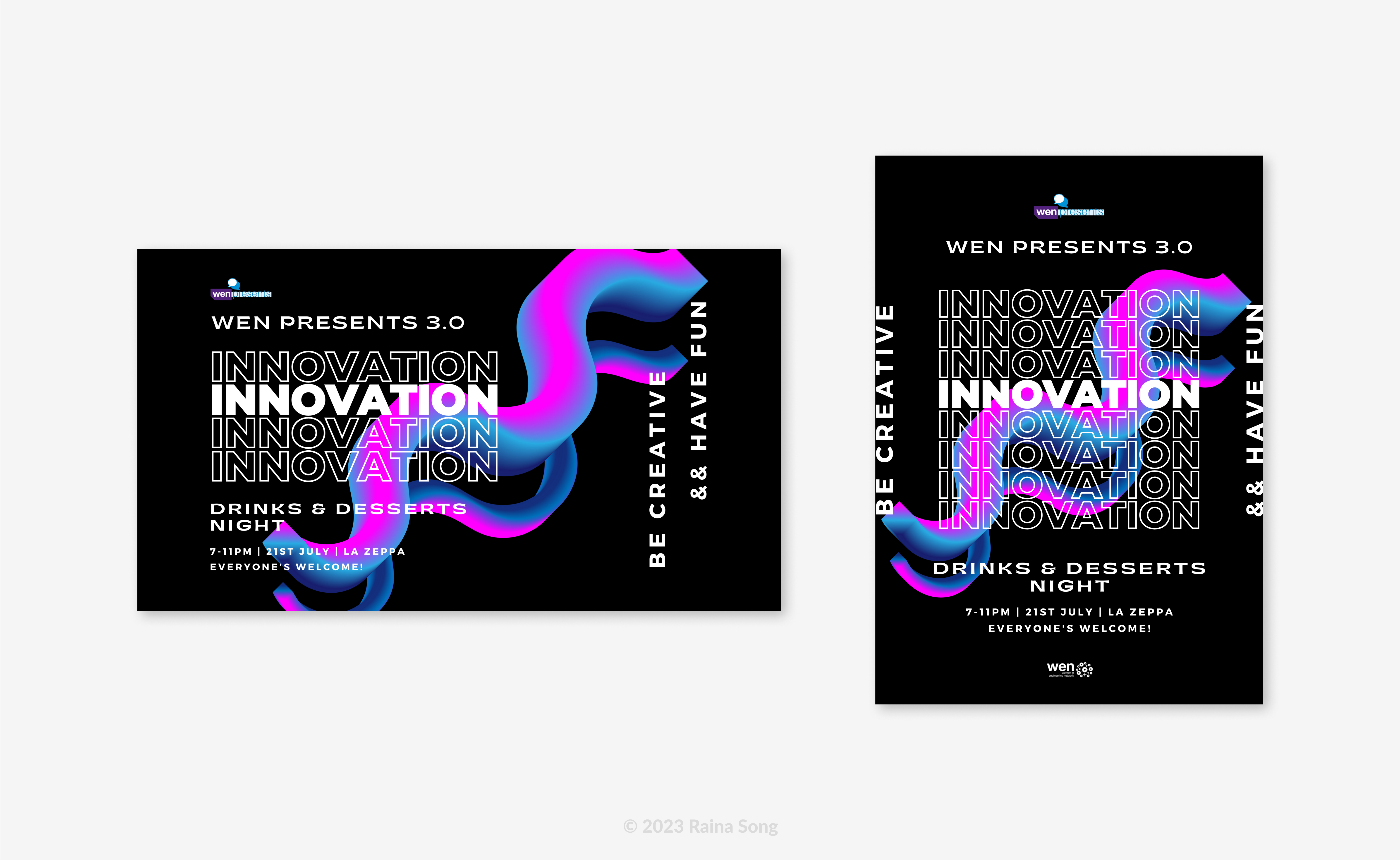
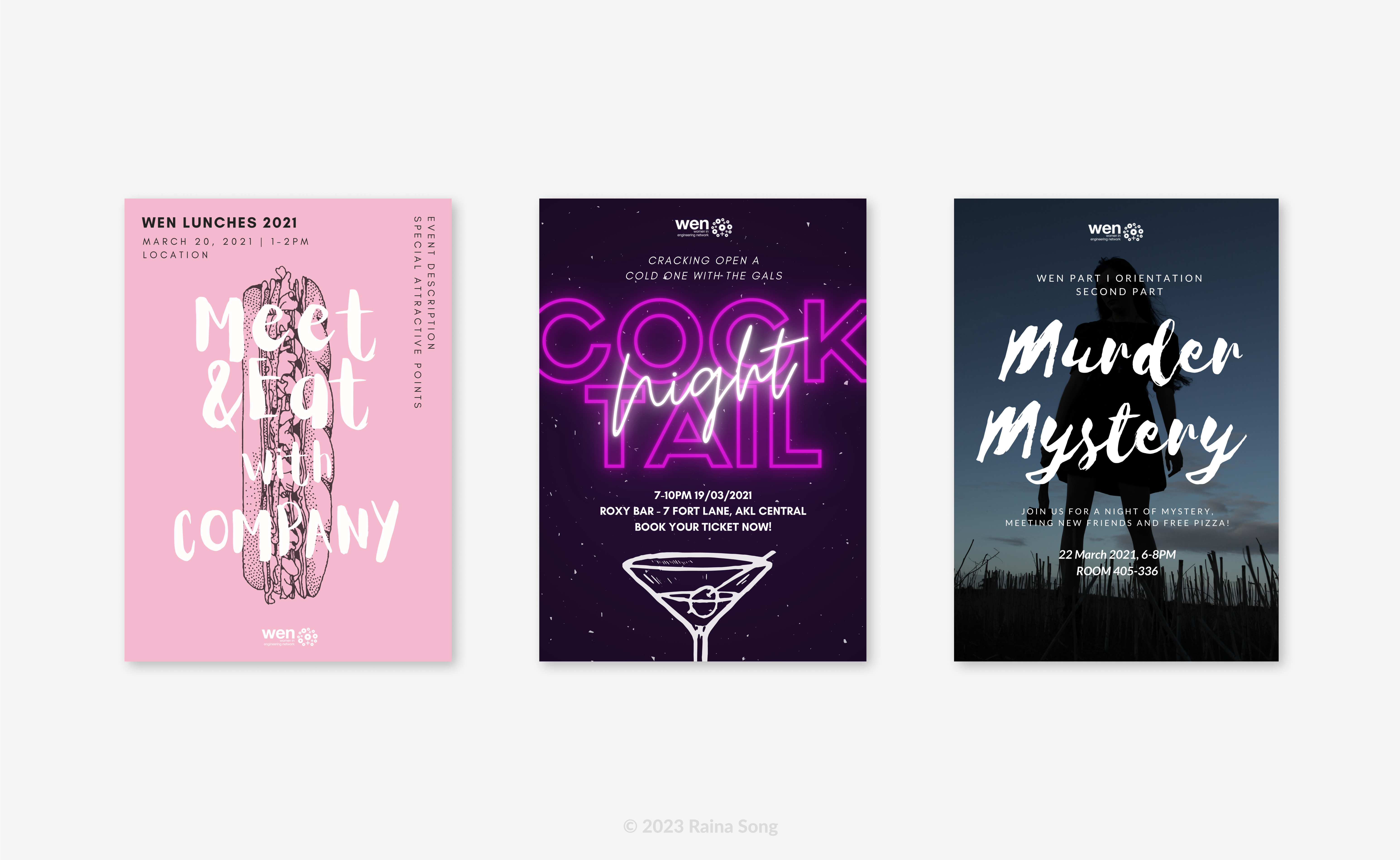
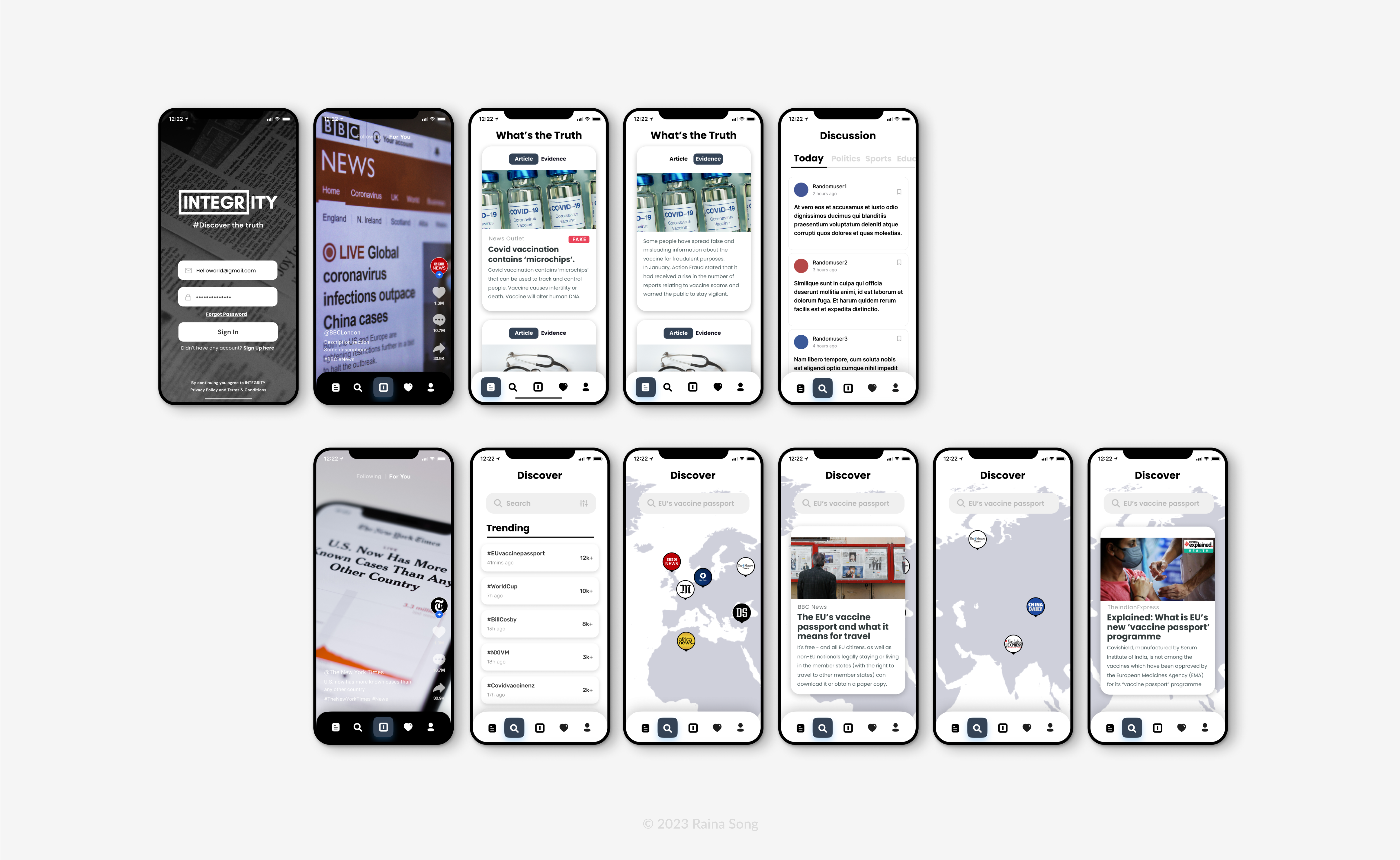
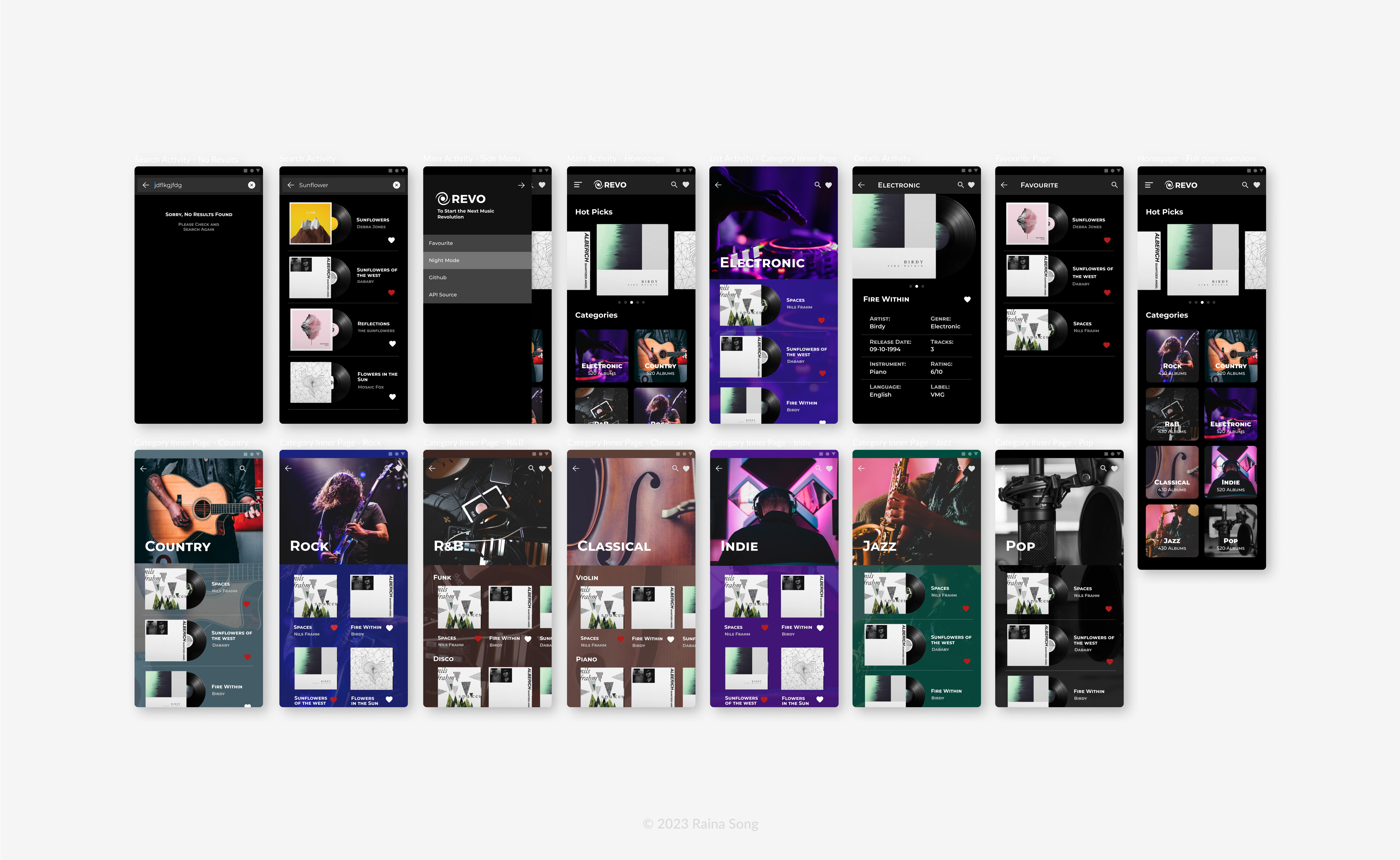
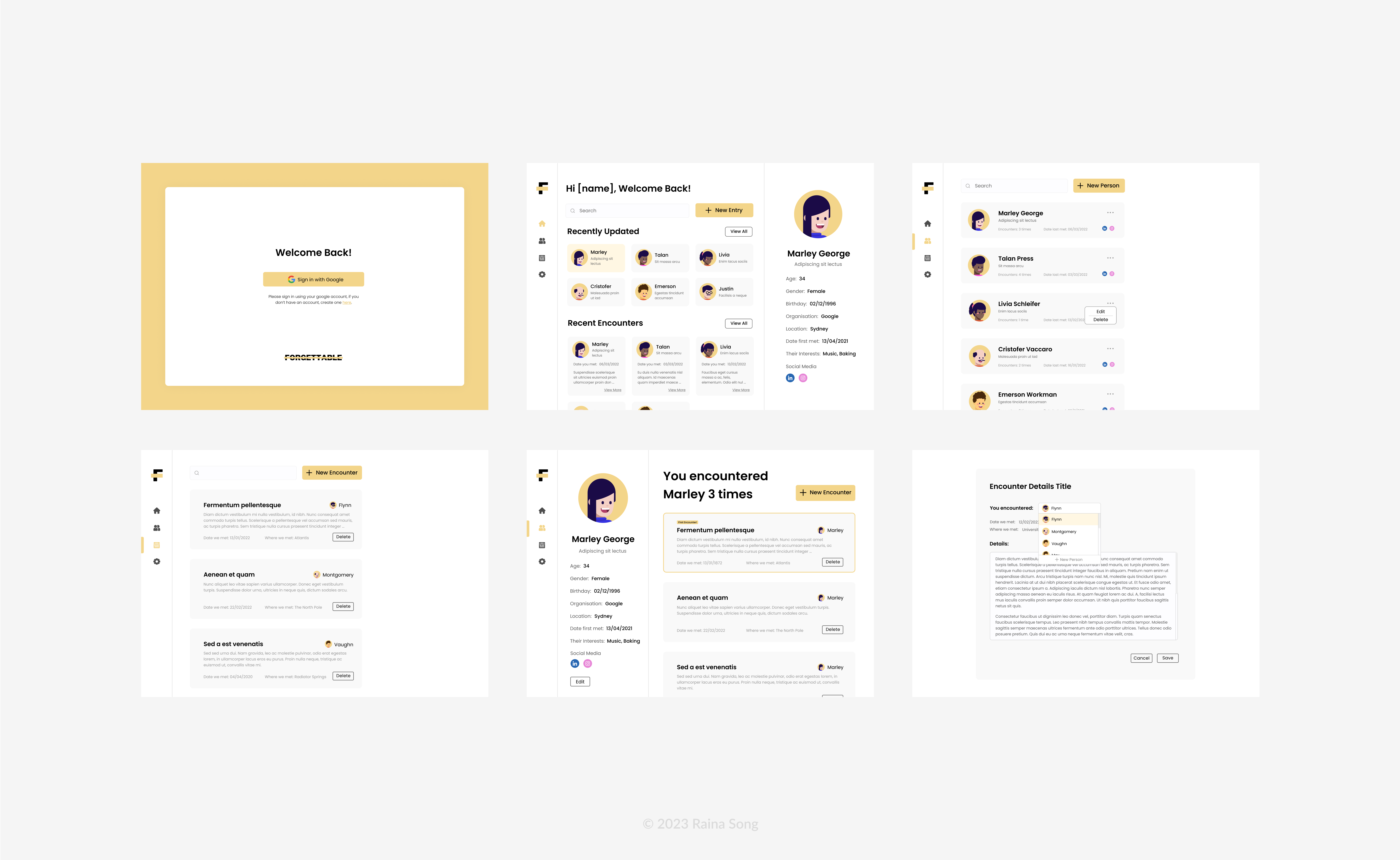
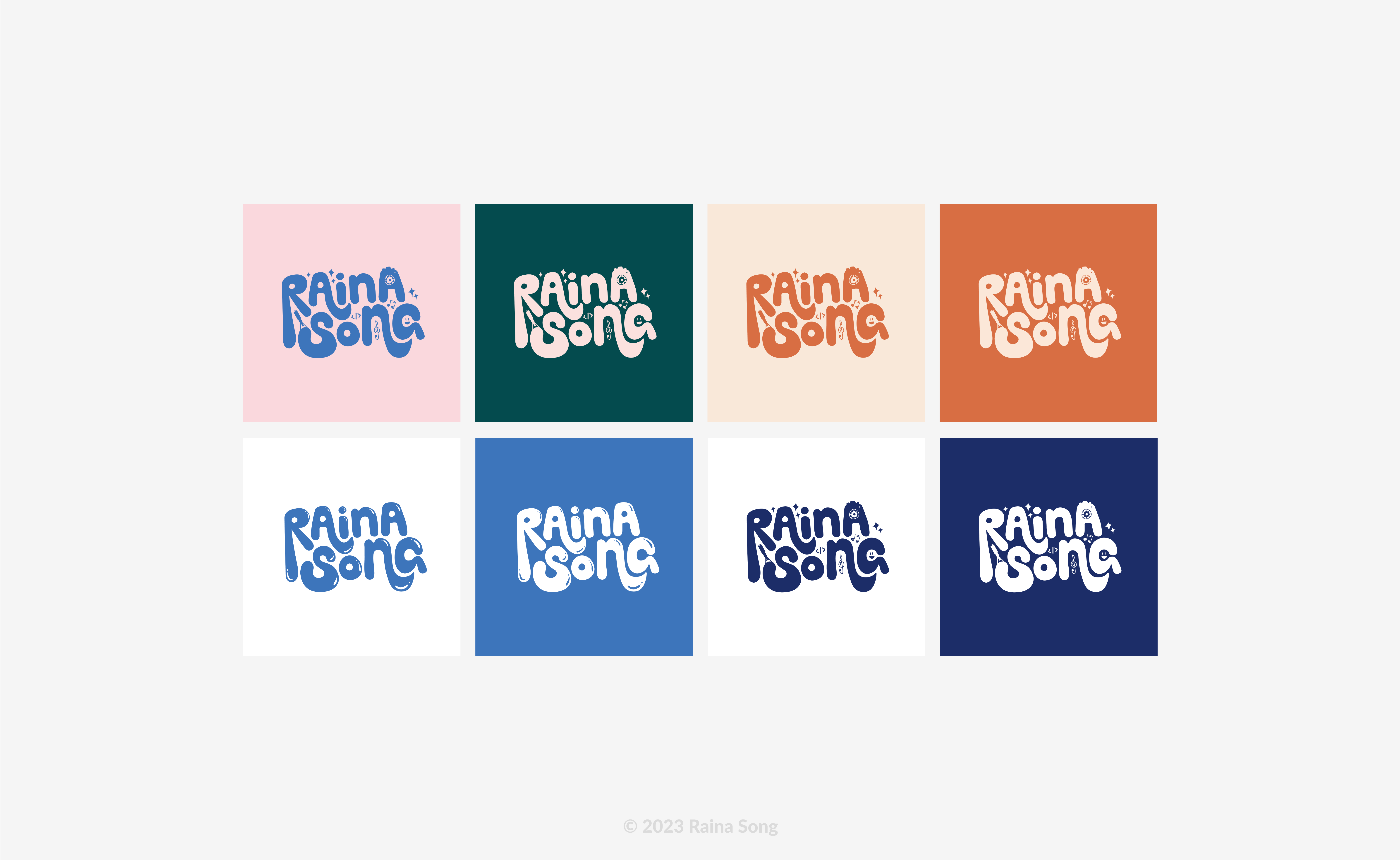
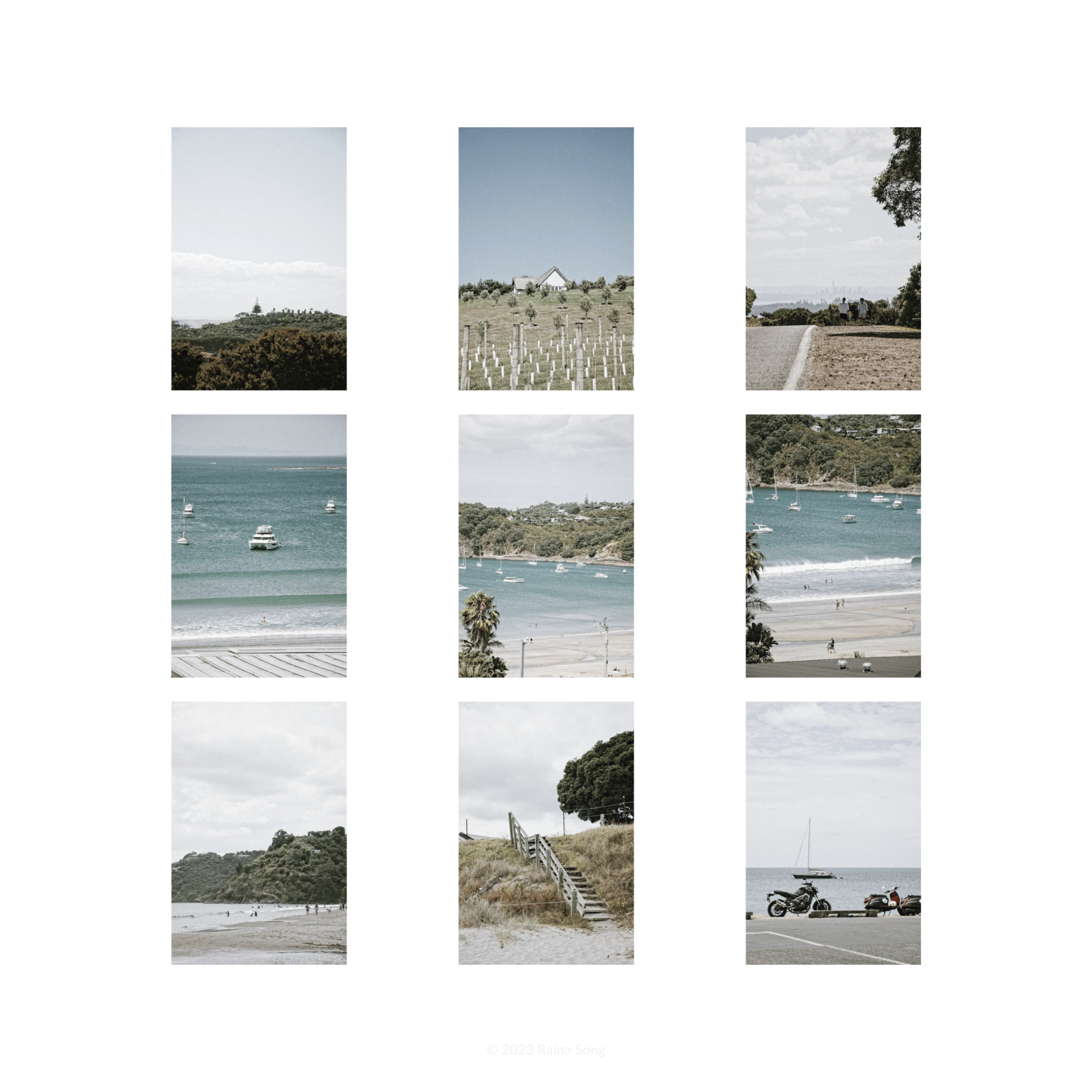




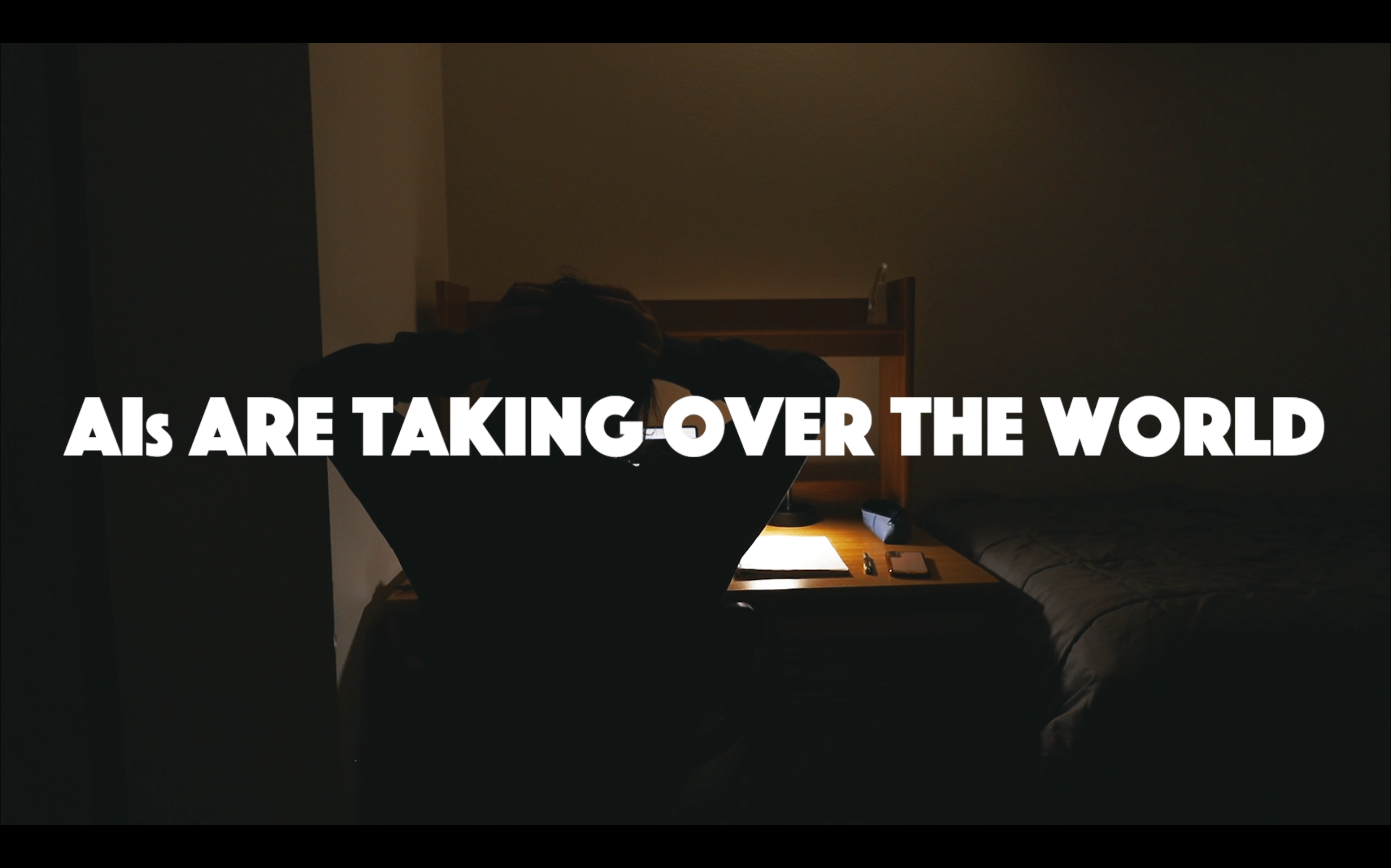 Watch the full film here
Watch the full film here